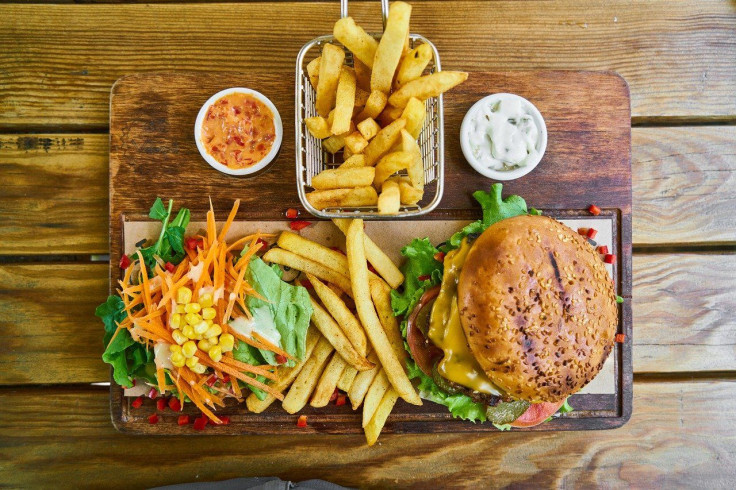Quitting Smoking? Here's How Nicotine Withdrawal Can Make You Eat More Junk Food
KEY POINTS
- Researchers looked at science of nicotine withdrawal and junk food intake
- Some smokers trying to quit tend to prefer high-calorie food during nicotine withdrawal
- Study's findings suggest opioid system may be the mechanism behind this preference
Why do some people have a tendency to overeat when they're going through nicotine withdrawal? It may have something to do with the opioid system, a team of researchers has found.
Quitting smoking may already be hard enough for smokers, but some also experience weight gain during the process. This, in turn, may increase the chance of a relapse, the University of Minnesota (U of M) noted in a news release.
In a study, published in the journal of Drug and Alcohol Dependence, a team of researchers wanted to find out whether acute nicotine withdrawal actually increases the consumption of junk food, which are foods that are high in salt, fat and sugar, and determine whether the endogenous opioid system is involved in this process. The opioid system is the brain function that's responsible for appetite and addiction regulation, U of M explained.
During two laboratory sessions, smoking and non-smoking participants were randomly assigned to a 24-hour withdrawal from nicotine products and given either 50 mg of naltrexone or a placebo. The participants were then offered a tray of snacks "that differed in high to low energy density and dimensions of salty, sweet, and fat" after each session. Their self-reported mood and withdrawal measures were also collected right before they were offered the snacks.
The researchers found that the participants' food consumption was actually affected by their "smoking condition," with the smokers who were going through nicotine withdrawal actually consuming more calories compared to the non-smokers. However, the participants were less likely to go for the high-fat foods after being administered with naltrexone than if they had the placebo, U of M noted.
"The study's findings may be related to the use of food, especially those high in calories, to cope with the negative affect and distress that characterizes the feelings people experience during smoking withdrawal," study senior author Mustafa al'Absi, PhD of U of M Medical School said in the university news release. "Results from preclinical and clinical research support this and demonstrate that stress increases proclivity for high-fat and high-sugar foods."
The results suggest the opioid system may be a mechanism associated with "withdrawal-induced" calorie intake, as naltrexone "normalized" the intake to levels similar to that in non-smokers.
According to al'Absi, this may have significant implications for developing possible treatments in the future. This is also important as both smoking and poor diet are considered to be risk factors for chronic diseases, the researchers noted.
"The fear of weight gain is a major concern among smokers who think about quitting. The key to removing these barriers is to better understand the factors that increase the urge for high-calorie foods," al'Absi said.
"Mitigating these challenges during the treatment process will help patients quit smoking while understanding their eating habits and encourage healthier decisions," he added.

© Copyright IBTimes 2025. All rights reserved.






















